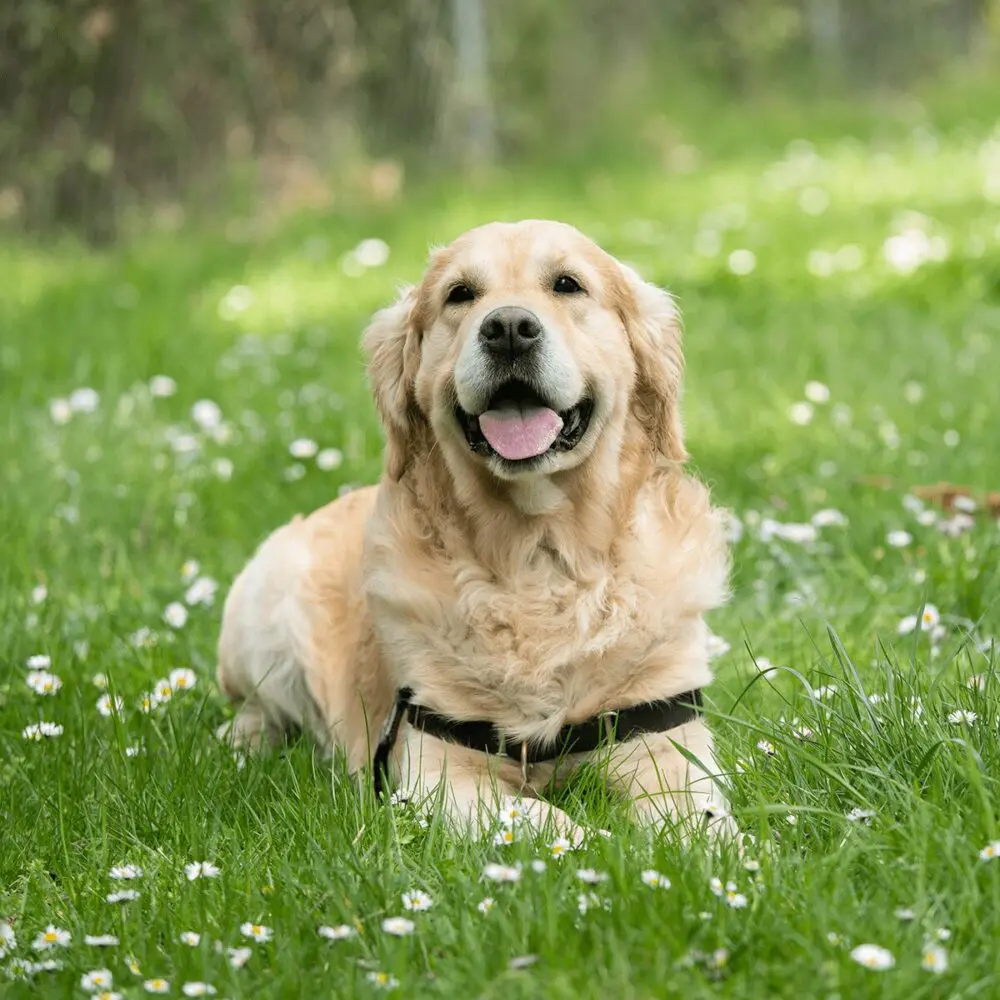Pet First Aid – Do you know what to do?
It’s always good to be prepared, especially if your pet requires first aid. Knowing what to do and having a first aid kit to hand helps you to respond calmly and effectively if your pet is injured or unwell. Ensure your vet’s number is always to hand and have a well-stocked, in date first aid kit. Remember your own safety and that of others must come first – animals in pain or distress can react differently to normal.
First aid for a bleeding animal
- Establish where the bleeding is coming from.
- Apply firm pressure to the area with a clean cloth or towel where it is safe to do so.
- Apply a bandage (see our bandaging guide) to the area if possible (unless the wound is around the neck).
First aid for an animal with a burn
- Move your pet away from the cause of the burn.
- Apply cold water (ideally running water) to the affected area for a minimum of 5 minutes.
- DO NOT apply any creams or ointments until you have spoken to a vet.
- Extensive burns can cause loss of fluid and be prone to infection. Keep the area clean and you may need to apply dressings.
First aid for a pet having seizures or loss of conciousness
- Remain calm and quiet.
- Do not try and restrain your pet.
- Remove any objects from the immediate area to prevent injury.
- If they are fitting, reduce all noise and light in the area to reduce stimulation.
- If they have muscle tremors, keep them cool – open a window or use a quiet fan.
- Make notes of the time, number of seizures or feinting episodes, how long each one lasted and what occurred (did your pet lose consciousness / paddle their legs / salivate / twitch etc).
- If safe to do so, check the colour of their gums to see if they are red, pink, pale, bluish, yellow or brown.
First aid for pets with suspected broken bones
- Avoid touching the area.
- Be careful when moving your pet – you can try putting a towel under the belly to help them walk with an injured leg.
- Do not try and apply a bandage or splint, or any cream or ointment.
- Call your vet for advice and to request an appointment.
First aid for a pet who has had a bee/wasp sting
- Apply cool water or ice to the area if possible.
- Bee stings are barbed and usually left in the skin; try to remove the sting by scraping rather than pulling to avoid releasing more toxin.
- Give calm, quiet reassurance.
- Monitor for swelling, especially inside the mouth or around the neck.
- Speak to a vet before giving any medication.
First aid for a pet who has suffered electrocution
- Turn off the power source before approaching or use a dry, non-metallic/conducting pole to distance your pet from the electrical source.
- Check your pet is breathing and conscious – if they are not call a vet immediately.
- Check your pet for burns; these may be delayed and appear after several days. Treat as burns above.
- Keep your pet warm.
First aid if your pet is choking
- If it is safe to do so, check if there is something obvious in their mouth or throat.
- Check the colour of their gums – if they are pale or bluish call the vet immediately.
- Remain as calm as possible and keep your pet calm.
- If you try to remove an object use extreme caution to avoid getting bitten. It can be very easy to accidentally push the object further in and damage the delicate tissues of the throat.
- If you cannot easily remove the object place your pet on their side, place both hands on your pets ribs cage and push quickly and firmly with the flat of your hand three to four times – you are trying to push air out of the lungs to dislodge the stuck object.
First aid for animals involved in a Road Traffic Accident
- Stay calm and move the animal to a safe place when it is safe to do so.
- Move slowly and avoid sudden movements.
- Use a blanket to help pick up an animal which is injured, to avoid getting scratched or bitten if they are in pain.
- If possible, apply a lead for control and consider using muzzle before moving a dog.
- Assess for any bleeding.
- Keep them warm.
- Always consult a veterinary surgeon – even if no external injuries can be seen.
Veterinary advice should always be sought after any accident or injury as some symptoms may be delayed or not obvious.





0 Comments